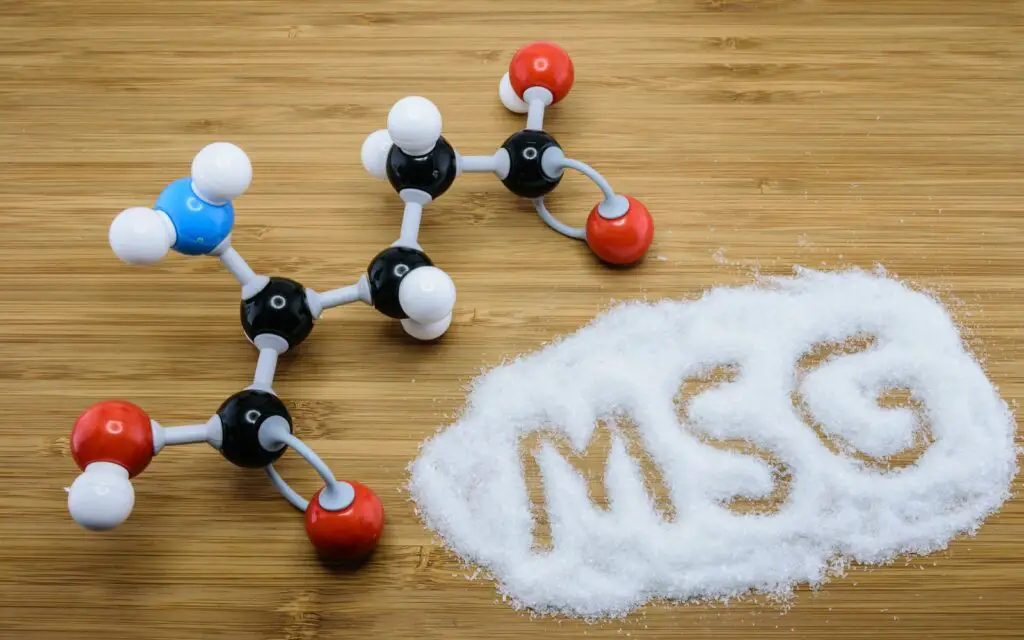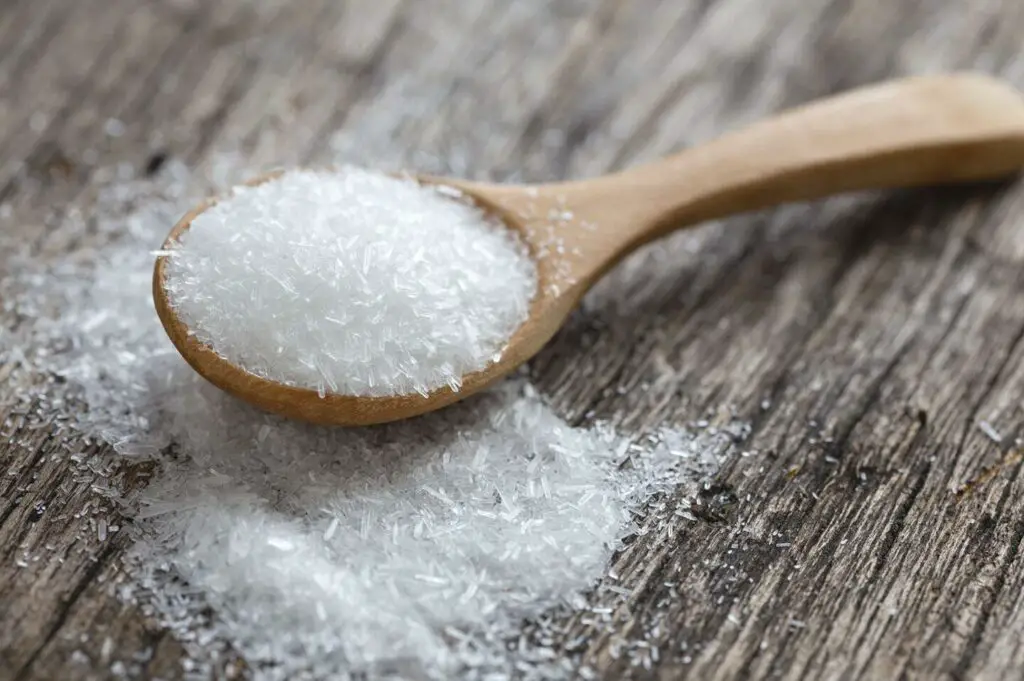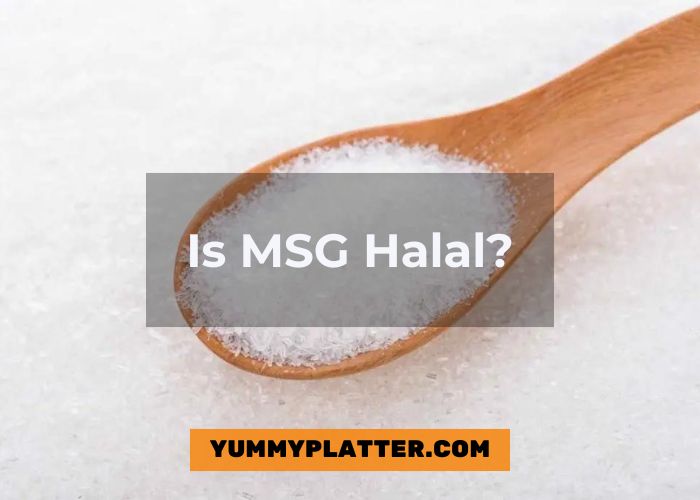Exploring the world of food additives can be tricky, especially when it comes to keeping a halal diet. One additive that often pops up is MSG, or Monosodium Glutamate. It’s a flavor enhancer that makes our favorite dishes even more delicious. But the big question for many is, “Is MSG halal?” In this article, we’re going to tackle that topic head-on.
We’ll break down what MSG is, how it’s produced, and dive deep into its halal status. Understanding whether MSG is halal is crucial for anyone following a halal diet, whether you’re whipping up a meal at home or choosing a dish at a restaurant. Let’s clear up any confusion and make sure you have all the information you need about MSG and halal compliance.
Halal Certification Basics
When we talk about food being halal, we mean it meets Islamic dietary laws. But how do we know for sure if something is halal? That’s where halal certification comes in. This process involves strict guidelines to ensure food products comply with Islamic law. It starts with the ingredients. Every single one must be halal. Then, the way the food is prepared and processed plays a big role. There can’t be any cross-contamination with non-halal items.
Halal certification bodies inspect and monitor these processes closely. They give their stamp of approval only when they’re sure everything is in line with halal standards. This certification is a way to reassure Muslim consumers that what they’re eating aligns with their dietary practices. So, whenever you see a product with a halal certification mark, you know it’s passed some rigorous checks to make it to your plate.
Understanding MSG
MSG, or Monosodium Glutamate, is a flavor enhancer that’s been around for more than a century. It’s what gives food that savory taste, often referred to as umami. But what exactly is MSG? It’s a compound made from sodium and glutamate, an amino acid found naturally in many foods like tomatoes and cheese.

MSG is produced through a fermentation process, similar to how yogurt or beer is made. This process is carefully controlled to create pure MSG. Once it’s ready, MSG is added to foods ranging from soups and snacks to seasonings and sauces, boosting their flavor profile. Despite myths, MSG is recognized as safe by food authorities worldwide. Understanding MSG is key to making informed choices about the foods we enjoy and ensuring they fit within a halal diet.
Is MSG Halal?
Now, let’s tackle the big question: Is MSG halal? The short answer is, it can be. MSG’s halal status mainly depends on how it’s produced. Since MSG is a product of fermentation, the source of the fermentation medium is what matters. If the medium comes from halal sources, then MSG is considered halal. In both the UK and USA, halal certification bodies look closely at this aspect. They check the entire production process to ensure it meets halal standards. If everything checks out, MSG gets the green light and can be used in halal dishes.
For Muslim consumers, it’s important to look for halal-certified labels on products containing MSG. This certification is your assurance that the MSG used complies with Islamic dietary laws. So, yes, MSG can be part of a halal diet, provided it carries the right certification. This makes it easier for those in the UK and USA to enjoy their favorite flavors without worry. Rumors were spread that animal enzymes are used, but there are no solid evidence to back this claim up.
Also Read: Are Twizzlers Halal?
Health Concerns and Myths
When it comes to MSG, there’s a lot of chatter about health concerns and myths. Some people worry that MSG causes headaches or allergic reactions. But here’s the scoop: major health organizations in both the UK and USA have declared MSG safe to eat. Studies show that most people can consume MSG without any issues. Of course, like anything, moderation is key.
A small number of people might have a sensitivity to MSG, experiencing mild symptoms if they eat a lot of it. But the idea that MSG is broadly harmful? That’s more myth than reality. The truth is, MSG is just another ingredient on the shelf, enhancing flavors in dishes we love. So, whether you’re in the UK or cruising through a grocery store in the USA, you can feel more at ease about MSG. It’s all about enjoying your food in moderation and listening to your body.
How to Ensure Your MSG is Halal
Making sure your MSG is halal is simpler than you might think. The key is to look for the halal certification mark on the packaging. This mark is your best assurance that the MSG meets strict Islamic dietary laws. In both the UK and USA, there are reputable halal certification bodies. They inspect and certify products, including MSG.

So, when shopping, keep an eye out for their logos. Another tip is to check the product’s ingredient list. If the MSG is sourced from halal-certified ingredients, you’re on the right track. You can also reach out to the manufacturer directly. Many companies are happy to share information about their halal certification status.
MSG in the Food Industry
MSG is a big player in the food industry, and for good reason. It brings out the savory taste in dishes, making flavors pop. You’ll find MSG in a variety of products, from snacks and soups to seasonings and ready meals. Food manufacturers love using MSG because it enhances the natural flavors of food without adding a ton of extra ingredients.
It’s like a flavor boost in a pinch. Plus, MSG can reduce the need for salt, which is a win for keeping dishes healthier. When you’re browsing the grocery aisles, you might see MSG listed as “monosodium glutamate” on ingredient labels. It’s all around, helping make our favorite foods taste even better.
FAQs
How can I tell if the MSG in my food is halal?
Look for a halal certification mark on the product packaging. This certification ensures that the MSG complies with Islamic dietary laws, from its source materials to its manufacturing process.
Can MSG from any source be considered halal?
Not all MSG is automatically halal. Its halal status depends on the source of the ingredients and the manufacturing process. Only MSG that is produced using halal-certified ingredients and methods is considered halal.
Can I consume MSG if I’m sensitive to it but follow a halal diet?
If you’re sensitive to MSG, it’s best to avoid it regardless of its halal status. Always prioritize your health, and look for halal-certified products that don’t contain MSG if you experience adverse reactions to it.
Conclusion
So, is MSG halal? We’ve seen that it certainly can be, as long as it’s properly certified. From understanding what MSG is to exploring its role in the food industry, we’ve covered the essentials. Remember, the key to including MSG in a halal diet is checking for that halal certification mark. It’s your green light that everything’s in line with Islamic dietary laws. Whether you’re in the UK, the USA, or anywhere else, keeping an eye out for this certification helps you enjoy your meals without worry. So go ahead, embrace the flavors MSG can add to your cooking, confident in the knowledge that you’re sticking to your halal dietary requirements.

